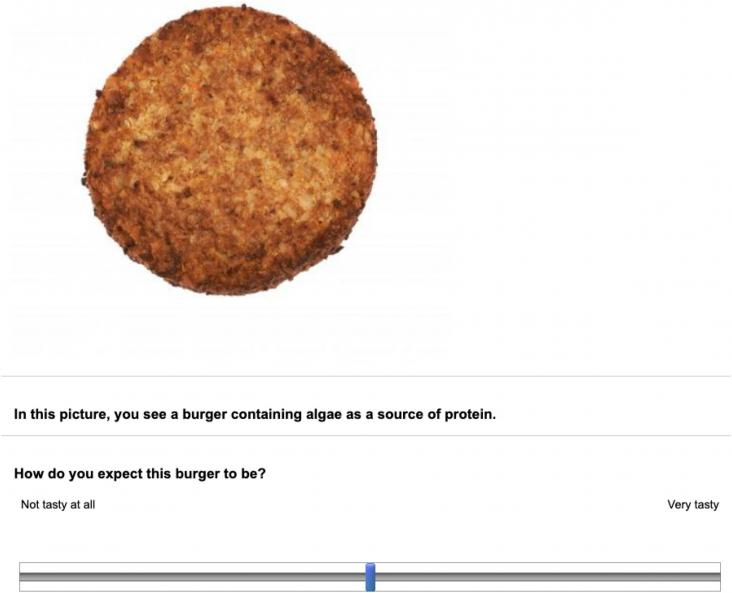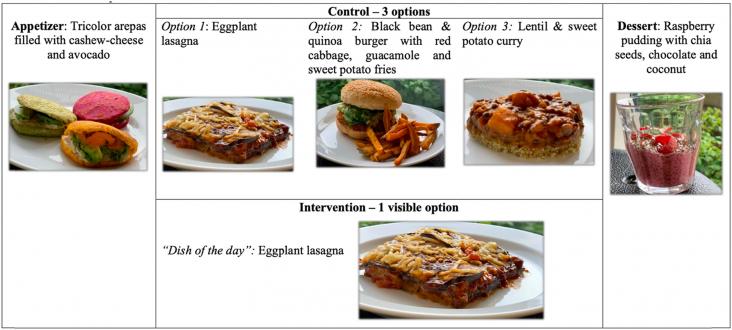
Since the launch of the United Nations (UN) Sustainable Development Goals (SDGs) in 2015, the SDGs have been widely adopted by governments and corporations in an effort to improve their sustainabil
An Editorial on the effects of the COVID-19 pandemic on childhood obesity, in the context of SDGs 3 and 12, highlighting the need for governmental and commercial action advocating for healthier nutrition and intersectional collaboration between health and education sectors.
Owing to its versatility, biomass can be used for a range of CO2 mitigation and removal options.

Economically viable electric vehicle lithium-ion battery recycling is increasingly needed; however routes to profitability are still unclear.

Elsevier and the International Solar Energy Society (ISES) are pleased to announce the third biennial Renewable Transformation Challenge. If you have an innovative proposal which contributes to the goal of transitioning to 100% renewable energy, submit your application for a chance to win €20,000.
Responsive small-molecule fluorescence probe specific for target analyte detection is an emerging technology for food safety and quality analysis.

Within recent years, demand as well as supply of products to replace meat, so called meat alternatives, have increased. For future products, new plant-based protein sources are of high interest.

A nudge experiment was performed to evaluate the effectiveness of presenting a menu with the dish-of-the-day (DoD) vs.

To show the importance of climate action and to celebrate the more than 5-year collaboration between the Elsevier Chemistry journals department and the Elsevier Foundation, we have compiled this special issue, highlighting top chemistry content related to SDG 13 and providing information on past winners of the Green & Sustainable Chemistry Challenge.
Held in partnership with the University of Johannesburg, this Elsevier webinar discusses the SDGs and how researchers can incorporate them into their work.
